Woody > Pinus > Pinus monophylla > Pinus monophylla
Pinus monophylla
Single-Leaf Pinyon
| Family |
| Pinaceae |
| Genus |
| Pinus |
| Species |
| monophylla |
| Category |
| Woody |
| Type |
| Tree (evergreen) |
| Pronunciation |
| USDA Hardiness Zone |
| 6 |
| Canadian Hardiness Zone |
| 5a - 6a |
| RHS Hardiness Zone |
| H6 - H7 |
| Temperature (°C) |
| -23 - (-18) |
| Temperature (°F) |
| -10 - 0 |
| Height |
| 10 - 20 m |
Photographs
Description and Growing Information
Flowering Period
| General Description |
| Pinus monophylla or Single-Leaf Pinyon is a slow growing, rounded to flat topped tree with a short trunk, dark brown branches and grey-green to greenish-blue needles. Mature trees are typically short and can be multi-stemmed. |
| Cultivation |
| Grows well in a hot and dry location, in light, well-drained, sandy or gravelly loam. Long lived and drought tolerant. |
| Shape |
| Starts out pyramidal; more mature trees are rounded to flat-topped. |
| Growth |
| Slow |
| ID Characteristic |
| Needles are 1 -2 in a cluster, rigid, curved inwards and grey-green. |
| Pests |
| Susceptible to needle scale, weakening the tree and making it vulnerable to bark beetles. |
| Habitat |
| Woodlands. |
| Bark/Stem Description |
| Irregularly furrowed and scaly, light or dark brown with red or orange coloured scales. |
| Flower/Leaf Bud Description |
| Brown, egg-shaped with scales. |
| Leaf Description |
| Usually single, stout, 4 - 6 cm long, grey-green to strongly glaucous blue-green, with stomata over the whole needle surface. |
| Flower Description |
| Yellow. |
| Fruit Description |
| Cones are acute-globose, the largest of the true pinyons, 4.5 - 8 cm long and broad when closed, green when young and ripening to yellow-buff, with a small number of very thick scales, typically 8 - 20 fertile scales. |
| Colour Description |
| Needles become a greenish-blue colour in summer. |
| Ethnobotanical Uses (Disclaimer) |
| The seed is edible. |